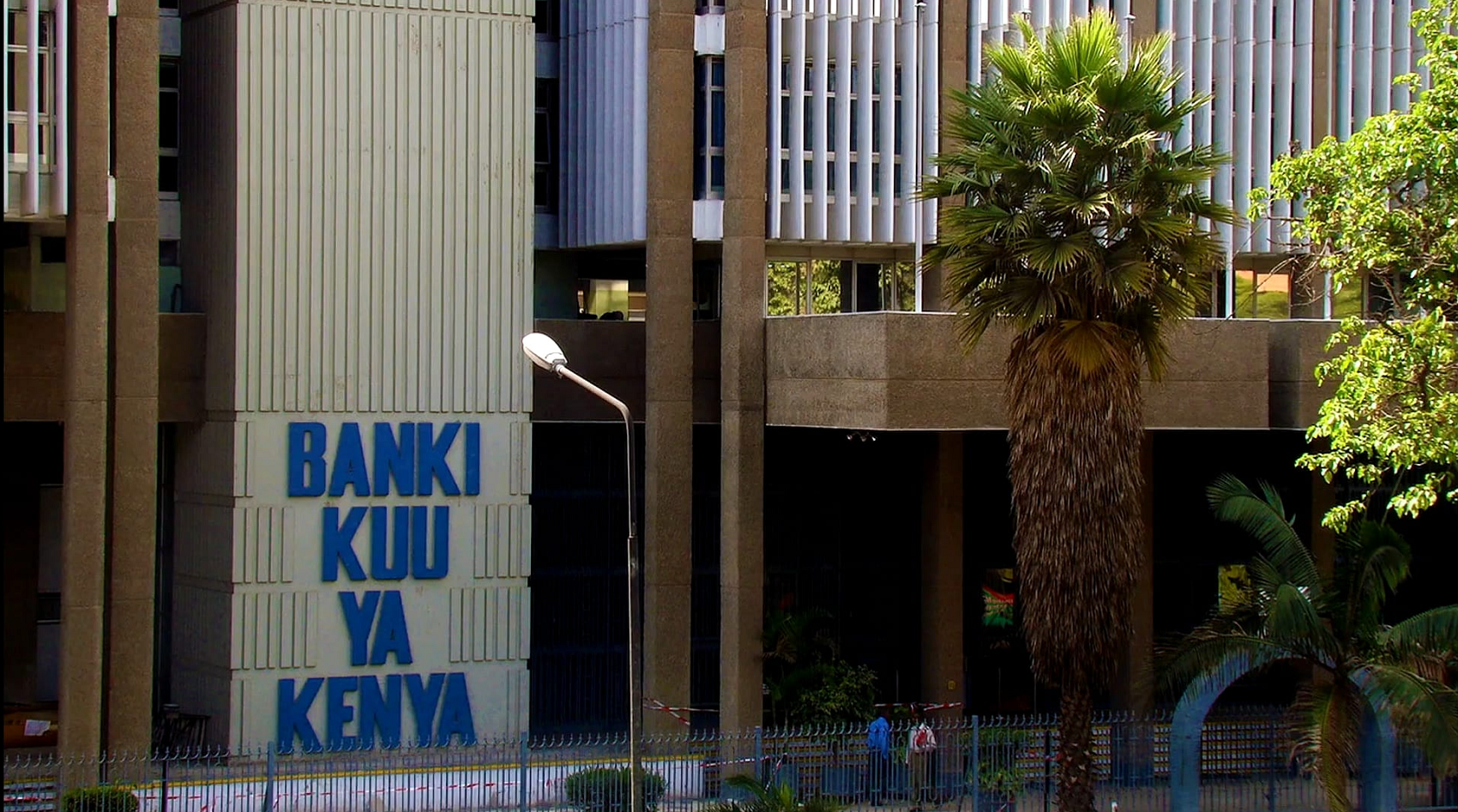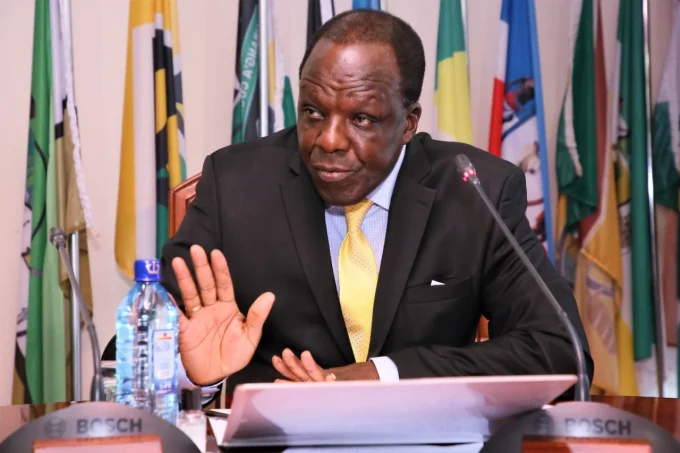Facebook Digital Tools: Africa has a bright future with three factors fusing to catalyse massive growth for the continent in the years to come: the youthful dynamism of its population; the growing role of women in the formal economy; and acceleration of trade across borders of the 54 countries comprising a diverse continent rich in resources and opportunity.
What makes this particularly exciting is how these opportunities will help bring about explosive growth for Africa’s resilient, vibrant small and medium business (SMB) sector. These owner-driven enterprises – which contribute a remarkable 95% of total employment on the continent – are uniquely placed to drive growth and job creation by harnessing Africa’s unique strengths.
Yet amid this sea of opportunity, most small businesses in Africa face obstacles such as poor access to finance and financial services; poor access to markets; poor access to information; and insufficient business resourcing. To help them grow – in turn, fostering inclusive growth and prosperity – it is essential to address these blockages.
Digital tools breaking down barriers
One of the most powerful ways we must break through these barriers is making digital technologies more accessible to small business owners. Consider the example of Aïcha Diop of Dakar, Senegal, founder of Fémézon – a fruit and vegetable company that specialises in natural and organic products. She initially sold her product at markets and through WhatsApp.
She set up a Facebook page and learned how best to use it through the Facebook Blueprint e-learning courses. Within 12 months, she had doubled her turnover and more than doubled her profits. Facebook enabled her to expand her community, evolve the business and create several new jobs.
Heading to Nigeria, we can find another inspiring example of digital tools as a game-changer for business owners in Africa. Amara Tasie started manufacturing organic hair solutions in 2015, building on what she learned through her experience of caring for her daughter’s hair. Her small home-based business has since grown into a ten-person operation with a factory and an office.
Read >> Mobile Connectivity Is a Goldmine. Let’s Unlock Its Potential
Tasie says much of this growth came via her use of the Facebook apps, which bring in about 90% of customers. She used Facebook advertising to expand her reach to the UK and to develop a strong distribution network of over 100 partners across Africa. Imagine the growth that could be catalysed by creating more success stories like this.
Facilitating inclusive growth
As these anecdotes reveal, digital tools help to ease many of the problems that African SMBs face every day. Digital technologies connect small African businesses to markets near and far, helping them grow and thrive. They enable small businesses to run more efficiently and productively. They lower barriers to entry, facilitating opportunities for youth and women to participate in the economy while driving inclusive growth.
This is backed up by new research conducted by Genesis Analytics, which shows that higher levels of digital adoption by SMBs are correlated with higher rates of growth and employment creation. It’s also revealing that the SMB survey conducted for the research finds higher levels of female entrepreneurship among SMBs using digital tools than those that don’t.
For policymakers, platform holders, large businesses and other stakeholders, the implications are clear: it’s imperative to work together to ensure all SMB owners in Africa have access to the benefits that digital tools can provide. The fundamentals we need to put in place are access to affordable and fast internet connectivity, digital devices, and digital skills, know-how, tools and content.
It’s within our reach to address the barriers to digital tools and infrastructure many African SMBs still face: expensive internet, data and device costs, and low levels of trust in data privacy. Now is the time to add fuel to the SMB sector’s growth in Africa, in turn, accelerating economic growth and progress across the continent.













Leave a comment